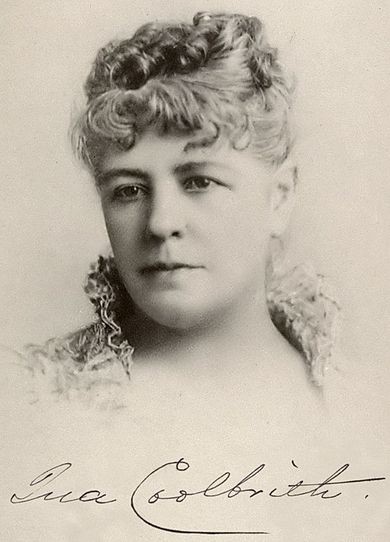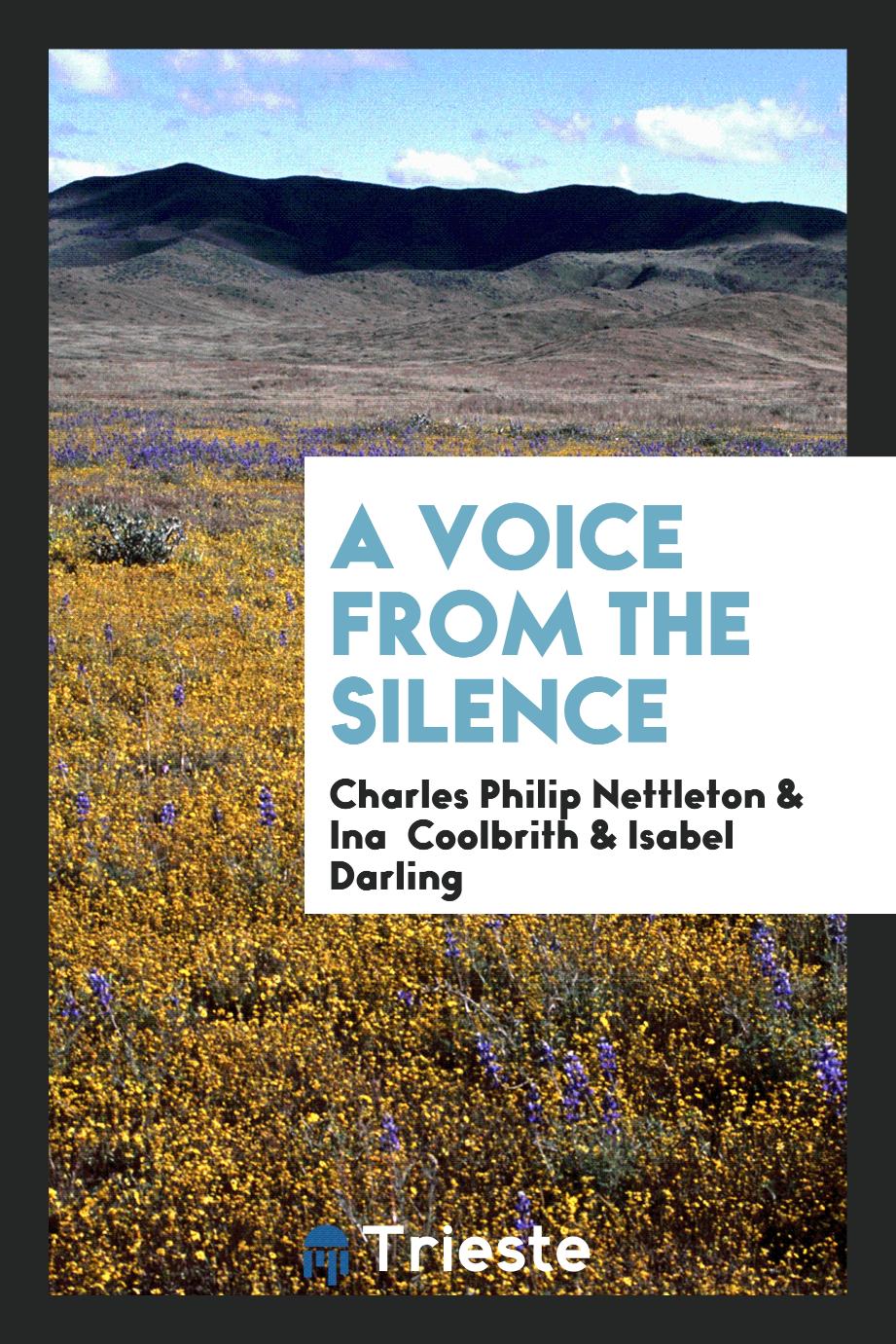
Ina Coolbrith
Ina Donna Coolbrith (March 10, 1841 - February 29, 1928) was an American poet, writer, librarian, and prominent figure in the literary community of the San Francisco Bay Area. Called "The Sweet Singer of California," she was the first California poet laureate and first American state laureate poet. Colbert, a born niece of Joseph Smith, founder of The Church of Jesus Christ of Latter-day Saints, left the Mormon community as a child to study in Los Angeles, California, where she began publishing poetry. She terminated her unsuccessful young marriage to settle in San Francisco and met writers Bret Hart and Charles Warren Stoddard, with whom she created The Trinity of the Golden Gate, which is closely associated with the literary magazine Overland Monthly. Her poetry received positive reviews from critics and authoritative poets such as Mark Twain, Ambrose Bears, and Alfred Lord Tennyson. She held literary salons in her home on Russkaya Gora - in this way she introduced new writers to publishers. Coolbrith made friends with the poet Joaquin Miller and helped him gain world fame. While Miller toured Europe and realized their common dream of visiting Lord Byron’s grave, Coolbrith was saddled with custody of his daughter and the care of her own family members. As a result, she came to live in Auckland and accepted the position of urban librarian. Her poetry suffered as a result of her long hours of work, but she brought up a generation of young readers, including Jack London and Isadora Duncan. After working for 19 years, the patrons of the Auckland library called for reorganization, and Coolbrit was fired. She returned to San Francisco and was invited by members of the Bohemian Club to become their librarian. Colbert began writing the history of California literature, including many autobiographical materials, but the fire after the 1906 earthquake in San Francisco consumed her work. Author Gertrude Atherton and friends of Cochbrith from the Bohemian Club helped her move into a new house again, and she resumed writing and conducting literary salons. She traveled by train to New York several times and, with fewer worldly concerns, significantly increased her poetic output. On June 30, 1915, Colbert was named a poet laureate in California, and she continued to write poetry for another eight years. Her style was more than the usual melancholy or uplifting themes expected from women - she included a variety of topics in her poems, which were marked as “unusually cute” and “noticeably spontaneous”. Her sensual descriptions of natural scenes promoted the art of Victorian poetry to include greater accuracy without banal moods, foreshadowing the Imagist school and the work of Robert Frost. California-based laureate Carol Musk-Dewks wrote of Coolbrit's poems that although they were “imbued with the lavender tea style” influenced by British majesty, “California remained her inspiration.”


